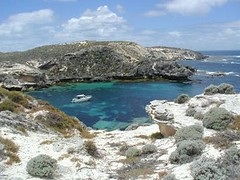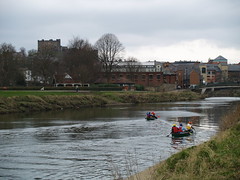One of the presentations at our “Making a difference” day was from Dr Elizabeth Stockdale, a lecturer in environmental science at Newcastle. Liz and I have worked together for quite a few years on IL related activities and Liz was describing how she has integrated IL into her curriculum. There was a lot of interest in the example Liz gave of an essay outline exercise, so she has given me permission to copy it here:
1.Students agree their essay topics with ES by 31st October.
2.Students submit their proposed essay topic, search and information evaluation strategy and early mind map of essay content on Wednesday 23rd November
3.Students submit essay outline Monday 9th January
•Context and importance of topic – as an introductory paragraph
•Main premises of argument presented as short sentences with 1 to 2 references as support.
•Structure of argument as diagram using premises
•Conclusion
Liz developed this after a year of running the module, with a requirement to write an essay in full and realising that students were struggling to put an argument together – instead they just wrote down everything they knew about … She now includes a session on putting an argument together and includes logical thinking books in the reading list. This coursework is supported by appropriate lectures, workshops etc with both myself and Liz and I think it’s an excellent case study of IL teaching.
Liz recommends a section on essay assessments given by Brown and Knight (p65-67) – Brown S and Knight P. (1994) Assessing Learners in Higher Education. Kogan Page. London.

Tyne Bridge







